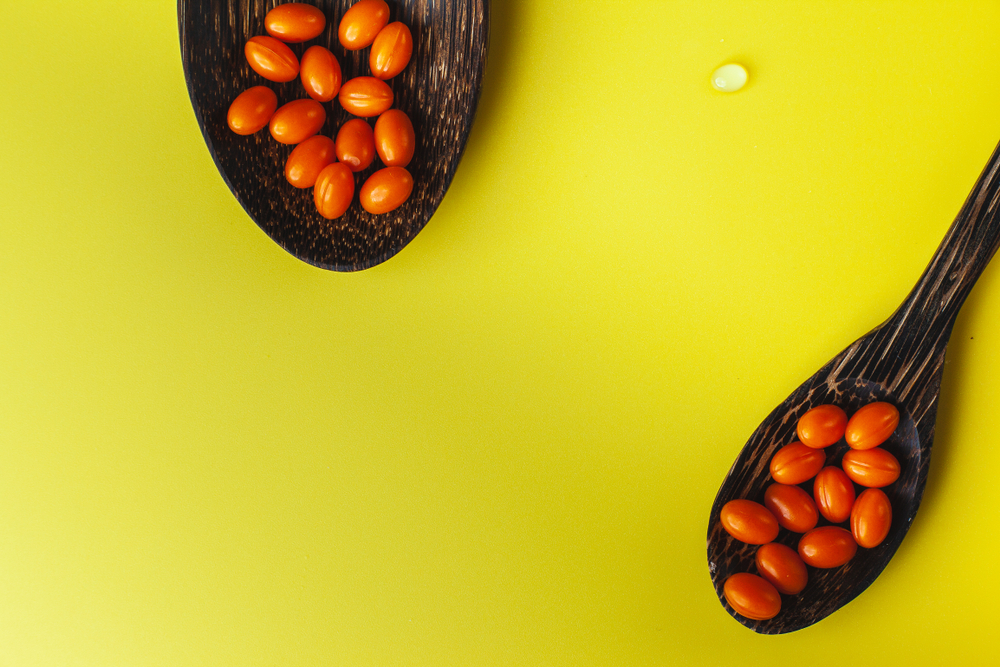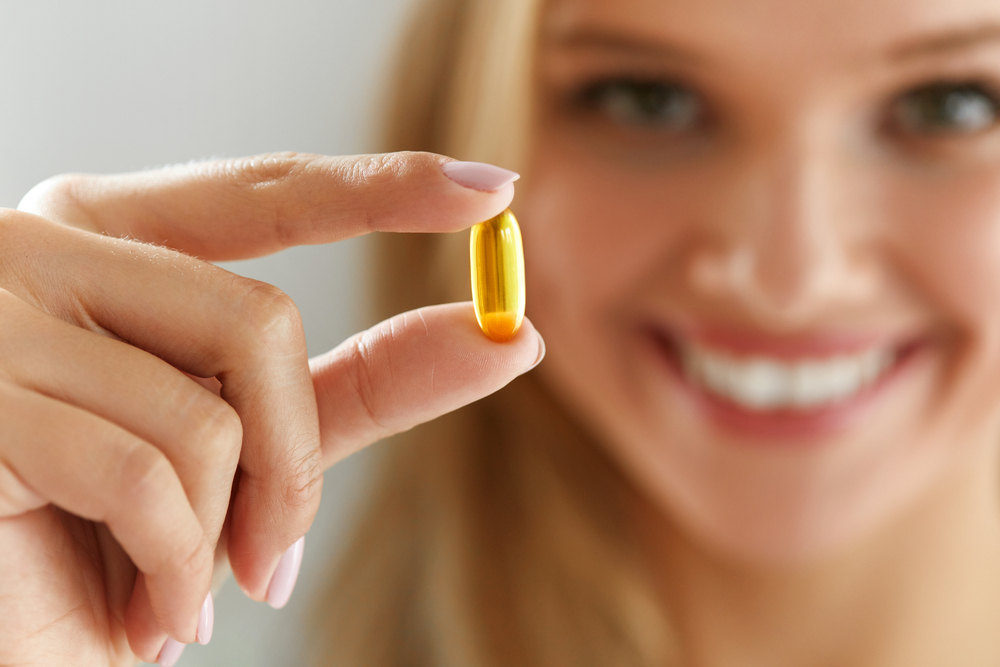In order to perform their many tasks in the body, most enzymes have an imperative need for a side molecule called "COENZYME". One of these is COENZYME Q10 (CoQ10),with antioxidant properties.
COENZYME Q10 or Ubiquinone
Also called Ubiquinone, Coenzyme Q10 is a substance that is essential to the functioning of the human body, in the same way as a vitamin. But unlike vitamins, it is partly synthesised by the body. Its main role is to enable the production of energy by participating in cellular respiration within the mitochondria.
This property also gives it antioxidant properties.
95% of our energy needs are produced by Coenzyme Q10. This means that this element is ubiquitous, i. e. it is present throughout the body, although the organs that require the most energy to function, such as the heart, the lungs, the liver and the muscles, are those that concentrate the highest levels. Physical exercise requires a lot of energy, so it is important to have a carbohydrate intake. However, carbohydrates are only a "consumable" and to make the "energy factory" of our cells work, allowing the transformation of carbohydrates into energy usable by the body (ATP), it is essential to have an appropriate level of CoQ10.
Intense physical activity also causes high oxidative stress, which researchers have been able to measure by looking at levels of certain inflammatory mediators (TNF-alpha, IL-6 or 8-oHdG), signifying the presence of cellular damage.
Studies have shown a 63% decrease in these inflammatory mediators and a significant reduction in urinary creatinine levels indicating a decrease in muscle catabolism. A way to maintain physical integrity in extreme conditions and improve performance in the longer term.
To use coenzyme Q10 (ubiquinone) the body converts it into a reduced form: ubiquinol. A clinical study published in April 2013 showed that ubiquinol supplementation for 6 weeks in athletes significantly increased their physical performance during exercise.
The body's reserves of Coenzyme Q10 are around 2g. The liver and other body tissues can synthesise coenzyme Q10. However, the body's ability to produce this important substance decreases with age (from the age of 20). As a result, sportsmen and women often have a coenzyme Q10 deficiency. It is estimated that the diet provides between 3 and 10 mg of CoQ10 per day.
In the case of intense physical activity, the recommended daily doses are usually between 30 and 150 mg. In such a situation, the diet can only make up part of this deficit, which justifies the use of supplements.
DID YOU KNOW?
Mitochondria originate from the endosynbiosis of a micro-organism, about 2 billion years ago. It is a kind of ancient bacterium that lives in symbiosis in our cells in exchange for the energy it provides.



